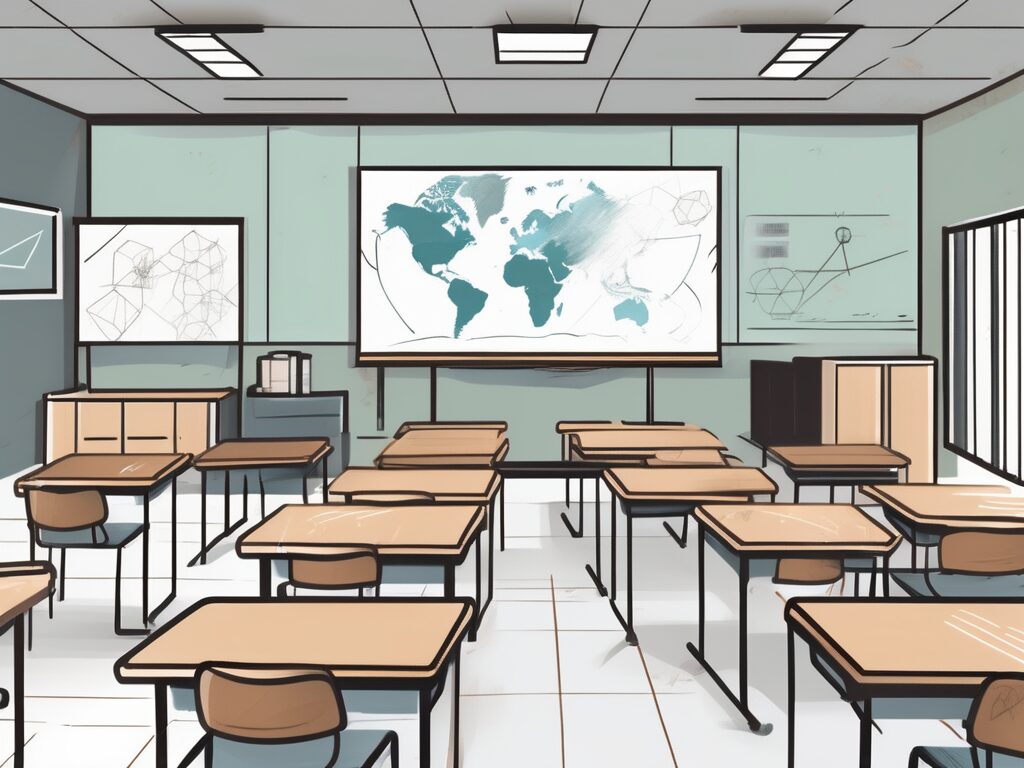The world of education is as diverse as the cultures that inhabit our planet. From the skyscrapers of Dubai to the tropical islands of the Philippines, teaching methods and issues vary greatly. One tool that has been introduced to bridge this gap is the International Quality Teaching Standards (IQTS). This article will delve into five key points concerning the teaching issues in Dubai and the Philippines, and how the IQTS plays a role in addressing them.
1. Understanding the Educational Landscape
Dubai
Dubai, a city known for its modern architecture and luxurious lifestyle, has a unique educational landscape. The city is home to a large expatriate population, which has led to a diverse range of international schools. These schools often follow the curriculum of their respective countries, leading to a variety of teaching methods and standards.
However, this diversity also presents challenges. With such a wide range of curriculums, ensuring a consistent quality of teaching can be difficult. This is where the IQTS comes into play, providing a universal standard that all teachers can strive towards.
The Philippines
On the other hand, the Philippines, an archipelago nation known for its rich biodiversity and warm people, faces different educational challenges. The country’s public education system often struggles with issues such as overcrowded classrooms and a lack of resources. Additionally, the geographical dispersion of the islands can make access to quality education difficult for some communities.
Despite these challenges, the Philippines has a strong culture of valuing education. The IQTS can play a significant role in improving the quality of teaching by providing a clear and achievable standard for all teachers, regardless of their location or resources.
2. Adapting to Different Learning Styles
One of the key aspects of effective teaching is the ability to adapt to different learning styles. In Dubai, with its multicultural student population, this can be particularly challenging. Teachers must be able to cater to a wide range of cultural backgrounds and learning preferences.
The IQTS emphasises the importance of differentiated instruction, which involves adapting teaching methods to meet the diverse needs of students. This approach can be particularly effective in a multicultural environment like Dubai, where a one-size-fits-all approach to teaching is unlikely to be successful.
Similarly, in the Philippines, where classrooms are often overcrowded, differentiated instruction can help ensure that all students receive the attention and support they need to succeed. The IQTS provides guidelines on how to implement this approach effectively, making it a valuable tool for teachers in both Dubai and the Philippines.
3. Overcoming Resource Limitations
Resource limitations can pose significant challenges to teachers, particularly in the Philippines where public schools often lack basic supplies. However, the IQTS emphasises the importance of creativity and innovation in teaching, encouraging teachers to make the most of the resources they have available.
In Dubai, while resources may not be as scarce, teachers still face the challenge of ensuring that they are used effectively. The IQTS provides guidance on how to use resources in a way that enhances learning, rather than simply relying on them as a crutch.
4. Cultivating a Culture of Continuous Improvement
Continuous improvement is a key principle of the IQTS. In Dubai, where the education sector is highly competitive, this culture of continuous improvement can help schools stand out. By constantly striving to improve their teaching practices, teachers can ensure that they are providing the best possible education for their students.
In the Philippines, where resources are often limited, a culture of continuous improvement can help make the most of what is available. By constantly seeking to improve, teachers can overcome resource limitations and provide a high-quality education for their students.
5. Encouraging Professional Development
Professional development is another key aspect of the IQTS. In both Dubai and the Philippines, encouraging teachers to engage in professional development can help improve the quality of teaching. Whether it’s attending workshops, pursuing further education, or simply staying up-to-date with the latest teaching methods, professional development is crucial for any teacher.
In conclusion, while the teaching issues in Dubai and the Philippines may differ, the IQTS provides a valuable framework for addressing these challenges. By promoting a universal standard of quality teaching, it can help ensure that all students, regardless of their location or background, receive a high-quality education.
Advance Your Teaching Career with The IQTS at UWE
As we’ve explored the teaching issues in Dubai and the Philippines, it’s clear that educators face unique challenges that require specialized support. The IQTS at UWE offers the International Qualified Teacher Status (iQTS) Programme, designed to elevate your teaching credentials and address the barriers of qualification requirements, career progression, isolation, and understanding of global education systems. With the iQTS, you’re not just improving your skills; you’re enhancing your career prospects with a 45% increase in promotion rates and a 30% salary boost, expanding your professional network, and gaining invaluable insights into international curricula. Don’t let isolation or underqualification hold you back. Make Your Next Step towards a more connected and rewarding teaching career with the flexible and comprehensive iQTS Programme.

